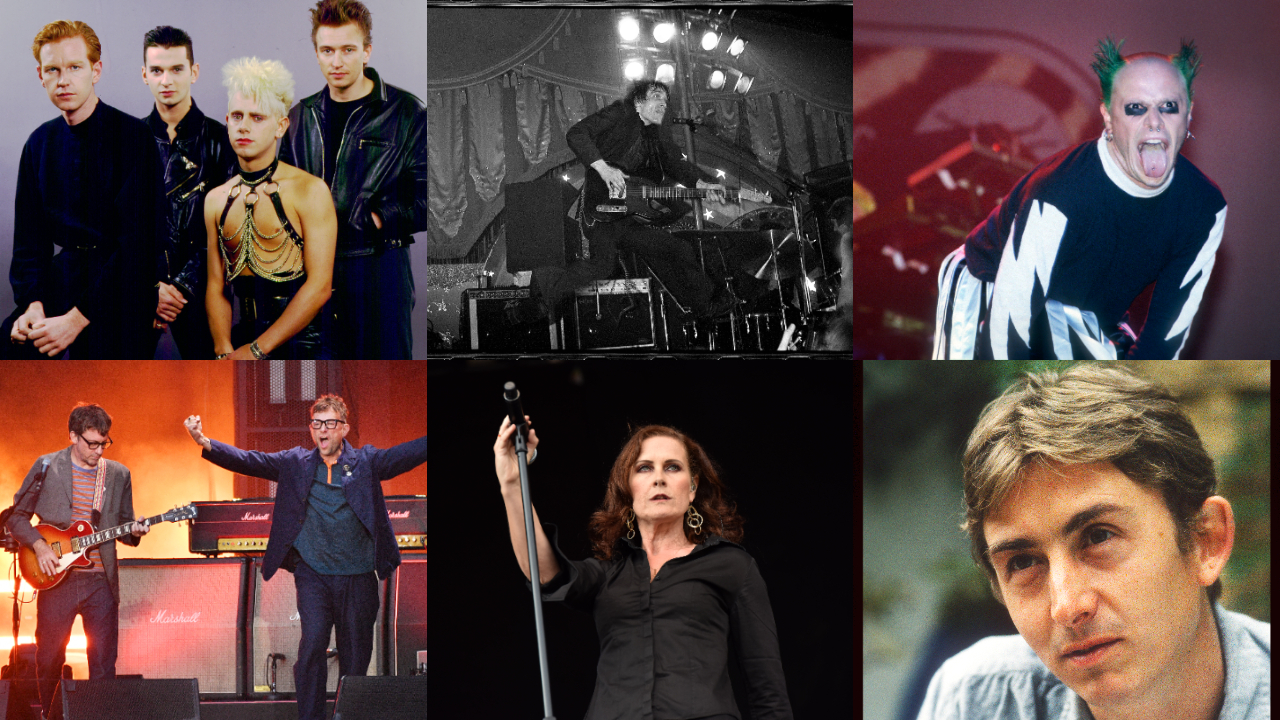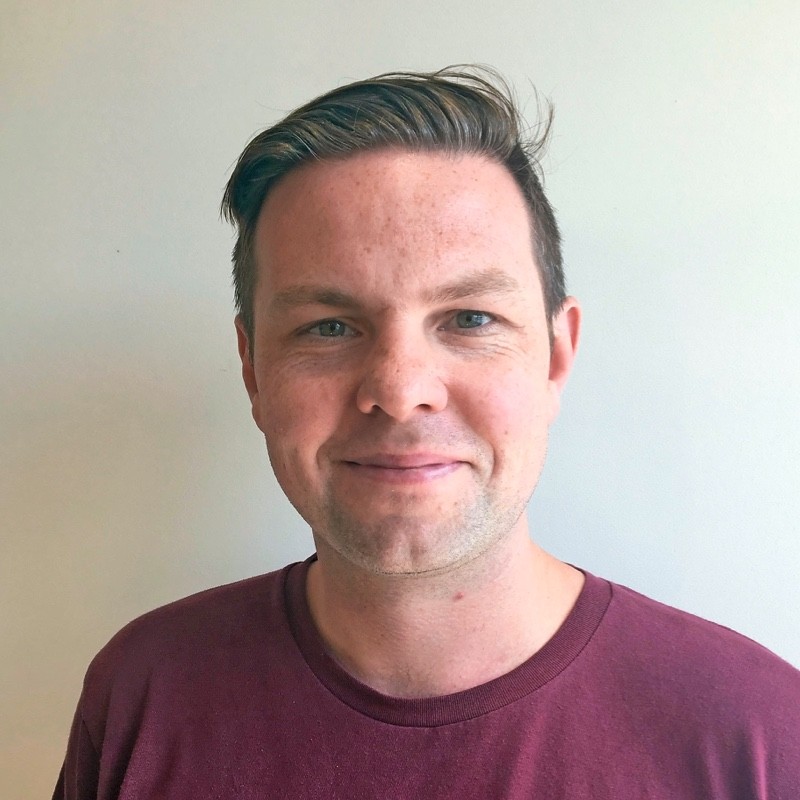Alright, maybe that headline is a bit much. But you can stick your Kent, that I do know! From where I’m sat right now in my house in Southend, I can see Kent in the distance, ruining an otherwise beautiful view of the Essex riviera, the inhabitants probably over there feeling smug about all the hipsters who relocated from Hackney Wick to Margate. I’m shaking my fist at you, people of Kent!
It is probably not healthy for the soul to adopt such a combative siege mentality about where you’re from to the point that you refuse to take your family on daytrips to the Kent coast (heard it’s nice, refuse to believe it), just because you consider it a betrayal, but I am who I am.
I was born in Walthamstow, east London, in a time way before no-one in their right mind described it as “Awesomestow”, as its new influx of residents are prone to (it was the 80s, it was more like something out of Mad Max), and I moved to Essex as an 11-year-old. I still considered myself a Londoner for a lot of my teens, probably thinking it was cooler because I was a loser, but the older I’ve got, the more I have become prouder and prouder of being from Essex. I stand before you, about to try and convince you of its musical pedigree, as a proud, mid-40s Essex boy.
Even if I don’t manage to successfully argue the case, hopefully you will, at least, come out of this whole foolhardy fandango with an appreciation of this glorious county’s contribution to UK music. That one is not up for debate.
If you’re for some follow-up reading then check out Tim Burrows’ excellent book The Invention Of Essex, and if you’re up for further investigation after that, get in touch and I’ll recommend some estate agents.

The Prodigy
Transport yourself to 1997, to a field on the outskirts of Chelmsford. The Prodigy are headlining one night of that year’s V Festival. Blur are headlining the other. It’s one of my favourite teenage memories: two bands from Essex who have taken over the world headlining a festival in Essex at the height of summer. Braintree’s The Prodigy reinvented what dance music could be, a cut and shut of techno, punk and rock. In an early sign of how territorial I would become about my music tastes, I swapped my copy of Definitely Maybe for Music For The Jilted Generation. I realise now, 30 years later, it’s OK to have both.
Blur
Like me, Damon Albarn left east London to move to Essex as a teenager. Unlike me, he went on to form one of the greatest British bands of all time and then invented a cartoon band who were also mega-successful and mega-brilliant. Although Blur have too many songs about west London and the Westway and not enough about Essex, I will let them off because they come home from time to time – I saw them do a warm-up show at Colchester Arts Centre a couple of years ago and it was one of the most joyous shows I’ve ever seen.
Dr. Feelgood
But let’s go back, right back… to 2014. I have just moved to Southend and returned to the homeland. I have lived here less than 24 hours and I am driving out of the tip in Leigh-on-sea and I look up and see Wilko Johnson, guitarist extraordinaire, punk progenitor, Game Of Thrones star, strolling past. This is the equivalent of getting a “Welcome Home!” thumbs up from the Essex gods. The late, great Wilko was local royalty. His band’s raucous, bluesy rock’n’roll was hugely influential on an array of artists who went on to reshape British music, their jagged brilliance inspiring Joe Strummer and Paul Weller, to name just two.
These New Puritans
A day or two after I saw Wilko near the tip, I saw Jack Barnett, the creative dynamo in These New Puritans, going for a jog near my house. I felt like I’d moved to Essex musician Stella Street. These New Puritans, who are made up of Jack and his twin brother George, are one of the 21st century’s most underrated bands. They have released four records of experimental, art-rock brilliance, music that can be atmospheric, ambient and serene at some points and dramatic and explosive at others. Think Radiohead, Massive Attack and Steve Reich going on a geography field trip together. Their fifth album is out in May.
![THESE NEW PURITANS - INDUSTRIAL LOVE SONG [FEATURING CAROLINE POLACHEK] (OFFICIAL VIDEO) - YouTube](https://img.youtube.com/vi/ZZ-MWiFgIzs/maxresdefault.jpg)
Mark Hollis
Mark Hollis was born in Tottenham and raised in Rayleigh. He died in 2019 but what music the Talk Talk leader left behind: a genius meld of 80s pop, tranquil soundscapes, loose jazz and hypnotic dynamism that would come to be known as post-rock.
Depeche Mode
Depeche Mode are all-timers. Their music was a neat mirror of their upbringing. They were raised in Basildon, a new town with no echoes of what had gone before, so it made sense they invented a brand new sound, first conquering the world as electro-pop trailblazers and then morphing into the muscular synth-rock titans who made Music For The Masses and Violator. Every time my train went through Basildon, I always wondered when the last time Dave Gahan visited his hometown. In a cover feature for Q in 2017, I got to ask him: he’d taken his family there the year before to show them the house that he’d grown up in. Nice one Dave!
Vince Clarke
Pop svengali Clarke co-founded Depeche Mode and was their chief songwriter until he left shortly after the release of their debut album Speak & Spell in 1981. The band still play one of his compositions in their set over four decades on, a little ditty you might know called Just Can't Get Enough. The split was down to the rest of the group's wish to get a bit darker and Clarke's desire to make uplifting, bright pop songs. That's exactly what he did, first with Yazoo and then with Erasure, who've sold over a whopping 28 million records. The fella knows his way round a memorable tune, that's for sure.
Alison Moyet
There was some mad shit in the water in Basildon in the 70s. Not only did the town give the world Depeche Mode and Vince Clarke, it also gave us their schoolmate Alison Moyet. She was in Yazoo with Clarke after he left DM and went on to carve out a successful solo career and establish herself one of the UK’s most enduring and distinctive singer and songwriter talents.
The Horrors
When The Horrors first emerged in the mid-00s, the Southend crew were cartoonish garage-rockers for whom every day was Halloween. Who knew what a special band would emerge from what felt like it could be a quickfire thrill: with every record, they have tweaked and shapeshifted into one of the UK’s most inventive and exhilarating guitar bands.
Underworld
And so to the last slot, which could have gone to pioneering IDM maverick Squarepusher but instead lands at the feet of techno dons Underworld. The story of Underworld, you see, just shows the supernatural power of Essex. Underworld were rubbish before they moved to Essex, a ropey funk-pop band whose career was petering out. Then Rick Smith moved to Romford, met DJ and future member Darren Emerson, started making dance music, and the rest is history. Essex, then, is totally responsible for all their deserved triumph since and I won’t hear a word otherwise, I’m finishing writing now so it’s not even worth you trying to raise an objection.





